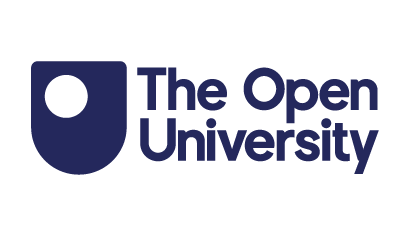Climate change is the biggest challenge faced by society; it affects us all – and organisations of all kinds can play a significant role in the transition to a sustainable society.
This microcredential will equip you with the knowledge, skills, and courage to transform your organisation’s response to the climate and ecological crisis, whatever your level, role or sector, and wherever you are in the world.
If you’re wanting to make positive change in your organisation and are unsure how to go about it, or if you’re looking to advance your career in sustainability or add sustainability know-how to your skills set, this microcredential will give you the knowledge and practical skills you need.
Explore the principles of sustainable development to lead change for sustainability in your organisation
In this microcredential, sustainability is defined as social, environmental, economic, global, and future wellbeing. You’ll be introduced to the principles of sustainable development and to five new ways of working, and you’ll be inspired by case studies featuring pioneering people and organisations who are collaborating to take radical action.
You’ll discover the current scientific facts on climate change and the ecological crisis, and what this means for you using a range of footprinting tools. You’ll also learn to reframe cultural norms, both personally and professionally, by exploring different perspectives and you will reflect on your personal leadership style to include the ‘big picture’ view.
By looking at emergent organisational models and new ways of working, you’ll explore how to identify potential short-term wins involving a diversity of stakeholders, and how to create a mutually beneficial environment where collaboration can thrive to achieve positive outcomes and drive change.
At the end of the course, you’ll submit an assessment which is marked and graded by subject matter experts.
Become a catalyst for change guided by leading experts in sustainability
Over 10 weeks you’ll take weekly actions for sustainability, practice reflective learning through weekly journaling on the challenges you face and be empowered to become a catalyst for change. At the end of the course, you’ll submit an assessment which is marked and graded by subject matter experts.
The course is designed by Dr Victoria Hands, Director of Sustainability at The Open University, who is an experienced sustainability practitioner with a PhD in implementing sustainable development. You’ll learn how to be inspired by nature, remain optimistic and share ‘facts with feeling’ to deliver impactful change.


